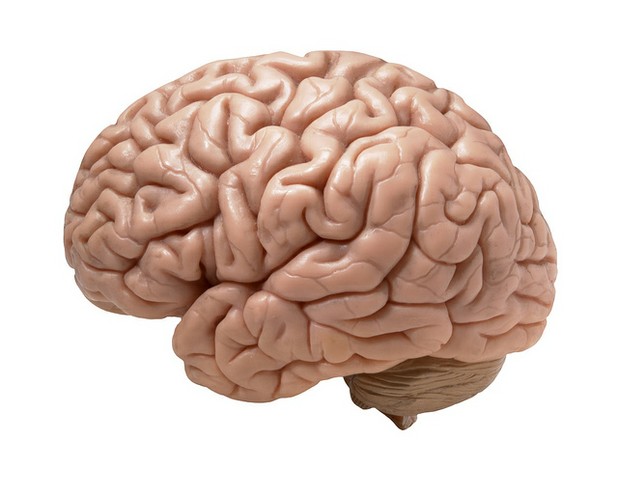MRI Scans Can Identify Those More at Risk of Alcohol Relapse
Recovering alcoholic? Worried about relapse?
Well, you might find this interesting then - researchers at Yale University say that after scanning your brain in an MRI machine they can predict your odds of relapse.
Apparently, people who show excessive brain activity in parts of the prefrontal cortex during a relaxation exercise are as much as 8 times more likely to relapse within 3 months as people with more normal activation in that area.
The Study
- The Yale team recruited 45 alcoholics about to start a residential treatment program and 30 non-alcoholic control subjects.
- Each subject was given an MRI scan, and during the scan each was asked to imagine recent very stressful situations, as well as to imagine themselves in a very serene and relaxing situation, such as on a tropical beach.
- The researchers then followed the study subjects for three months after the successful completion of treatment.
The Results
- Subjects who displayed high activity in certain areas of the prefrontal cortex experienced more alcohol cravings after the completion of treatment than subjects with more normal relaxation responses and this translated into an 8.5 fold greater likelihood of relapse and an 8.7 fold greater likelihood of a return to heavy drinking.
Commentary
Chronic alcohol abuse can damage the prefrontal cortex, and since this area of the brain manages decision making, emotional regulation and impulse control, it is unsurprising that abnormal prefrontal cortex functioning increases a person’s risk of relapse.
Lead researcher Rajita Sinha, Ph.D commented on the significance of the study findings, saying, "The patterns of brain activity we observed may one day serve as a neural marker that could help clinicians identify alcohol-dependent patients in recovery who are most at risk of relapse. Our findings may also have implications for the use of medications and behavioral treatments that restore prefrontal function, as they could potentially benefit people at high risk of relapse."
Post a comment 0
Copyright Notice
We welcome republishing of our content on condition that you credit Choose Help and the respective authors. This article is licensed under a Creative Commons License.

 John Lee
John Lee
